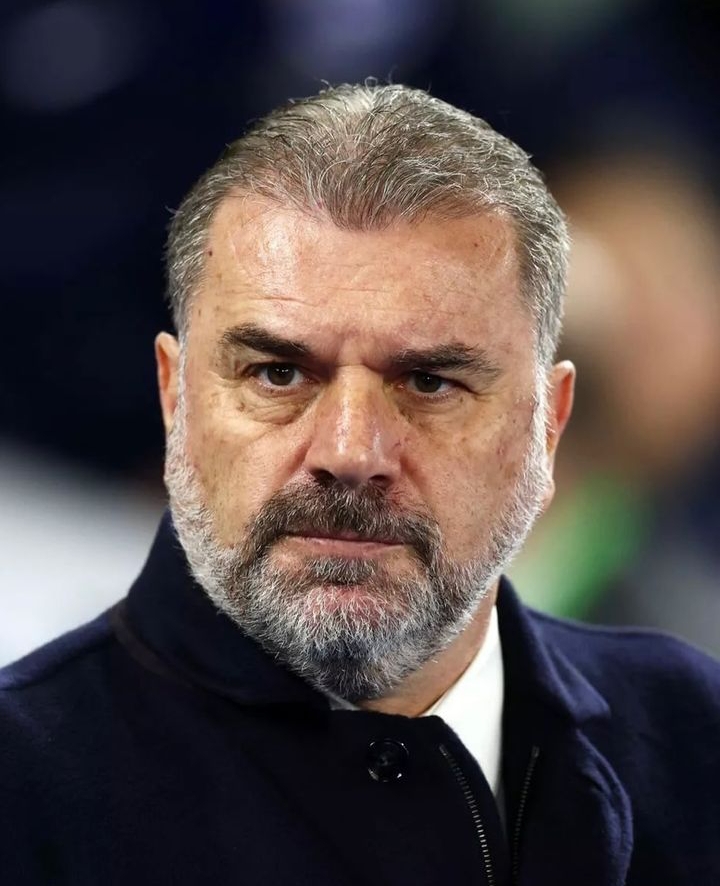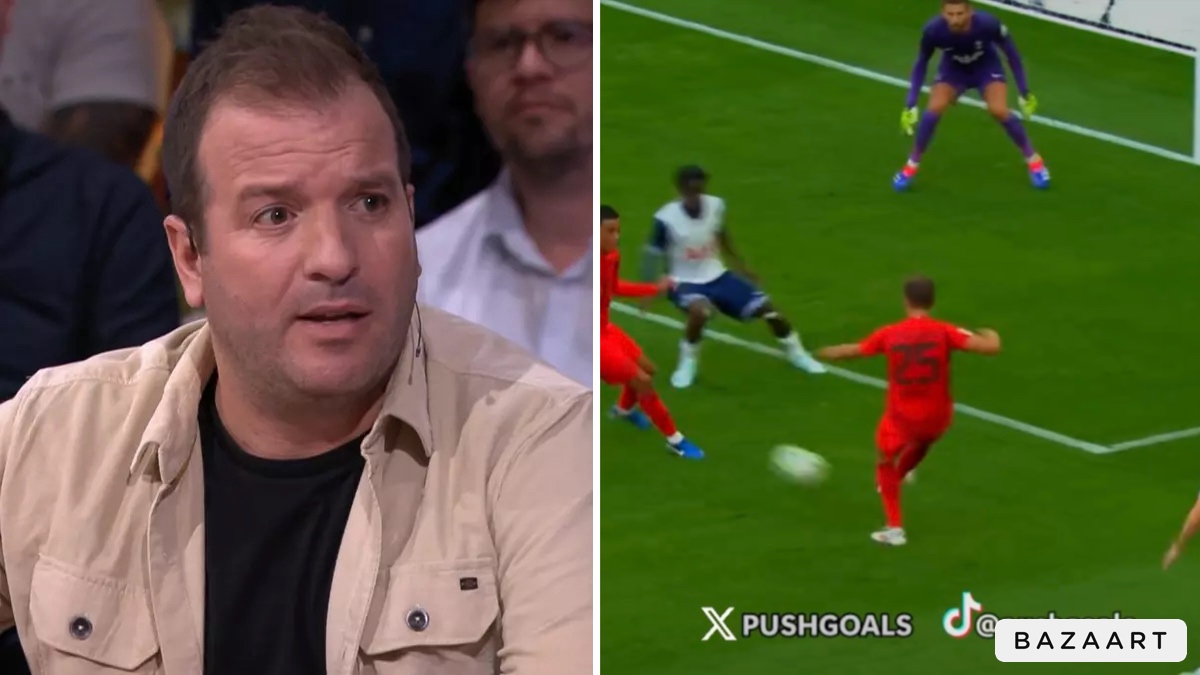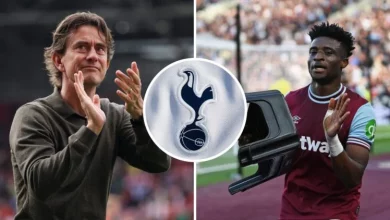Tottenham Hotspur are in the process of a commercial overhaul at the club so that they can “dominate” under new rules, sources have told Football Insider.
Top-flight clubs voted in a Premier League meeting to implement a new financial model that replaces the current Profit and Sustainability Rules.
New regulations will copy the model used within Uefa where club spending is limited to a percentage of their overall revenue.
Clubs not competing in European competition can spend up to 85 percent of their overall revenue on transfer fees, wages and agent fees – clubs in Europe are capped at 70 percent.
The Premier League’s controversial profitability and sustainability rules (PSR) are set to be replaced as early as this summer by a new system of financial regulation.
The new system will be aligned with the squad cost-to-revenue ratio contained within UEFA’s Financial Sustainability Regulations (FSR).
Those regulations will eventually limit clubs participating in European competitions to only spend 70 per cent of revenue on transfer fees, player wages and so on.
The Premier League has been looking at a model enabling clubs to spend up to 85 per cent of revenue on squad cost, with a sliding scale of penalties in place where clubs exceed that ratio.

However, there is no guarantee that the new financial model will even be signed off at the league’s annual general meeting in June.
If approved, the new rules will not affect the ongoing cases regarding Everton, Nottingham Forest and Manchester City, who will all continue to be judged on existing financial models.
“This will provide certainty for clubs in relation to their future financial plans and will ensure the Premier League is able to retain its existing world-leading investment to all levels of the game.
“Alongside this, Premier League clubs also re-confirmed their commitment to securing a sustainably-funded financial agreement with the EFL, subject to the new financial system being formally approved by clubs.
“The League and clubs also reaffirmed their ongoing and longstanding commitment to the wider game which includes £1.6 billion distributed to all levels of football across the current three-year cycle.
“The Premier League’s significant funding contributions cover all EFL clubs and National League clubs, as well as women and girls’ football, and the grassroots of the game.”
Despite the latest developments, no offer of increased funding for the English Football League clubs was forthcoming from Premier League clubs at Monday’s shareholders’ meeting.
Top-flight sources had expressed hope before the meeting, which could have been decisive after what was described as a ‘staging’ meeting on February 29.
However, a deal to increase funding to EFL clubs from £340m to £500m a year for six years was not even voted on, with top-flight clubs feeling it is first essential they thrash out a new financial system that will ultimately replace the current profitability and sustainability rules.
The Government has repeatedly said it wants the football authorities to agree a new financial settlement amongst themselves but has warned that one could be imposed upon them by ‘backstop’ powers set to be given to the new independent regulator.










